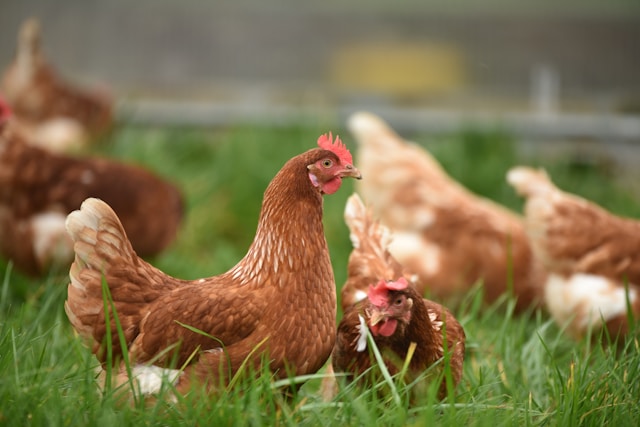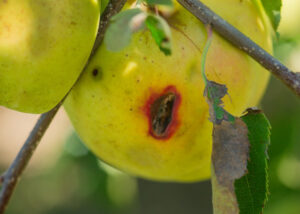While soaring egg prices may soon come back to earth, the avian influenza (HPAI) outbreak behind price spikes continues to devastate the global poultry industry, requiring mass culling and inspiring farmers to urge vaccination of fowl.
After peaking at $8.58 per dozen on Feb. 2, U.S. wholesale egg prices have been dropping, and the price consumers pay finally began to tick down, though the U.S. Department of Agriculture (USDA) notes there is usually several weeks lag between wholesale and retail prices.
U.S. Agriculture Secretary Brooke Rollins said in an interview in March she’s optimistic about consumer prices dropping but acknowledged that prices may rise around Easter “the Egg Super Bowl,” which takes place April 20.
The easing pressure on egg prices has been caused in part by dropping demand, as well as a drop in bird flu outbreaks on farms, CNBC reports, but the disease has proven resilient. After slowing in 2024, the number of outbreaks among poultry farms increased in November.
Overall avian flu has been devastating for poultry growers. Since the latest series of outbreaks began in February 2022, more than 166.2 million commercial fowl have been affected, according to Successful Farming.
One reason for the spiking egg prices is that laying hens, which produce eggs, get sick more than broilers, which are grown for their meat and are genetically different. Of the 23 million birds reported culled by the USDA in January about 18.8 million were layers, according to NBC News.
Culling has been the predominant method for dealing with the problem, with over 148 million chickens and ducks ordered euthanized in the U.S. between 2022 and this February.
Entire farms have been wiped out, leading more growers to call for the use of vaccines to protect their flocks.
U.S. cautiously considering vaccination
The U.S. has conditionally approved a vaccine to protect poultry from avian flu, according to Science.org, but the USDA remains hesitant to resort to vaccination. Vaccinated chickens display the same antibodies as infected chickens, which is why many countries, including the U.S., won’t accept vaccinated chickens. A vaccine rollout in the U.S. would require negotiating new agreements with trading partners, Sentient Policy notes.
Still, the USDA is showing signs of being ready to accept vaccines, and on March 20 announced it would give out $100 million in grants to fund vaccine development and other biotech solutions to avian flu.
USDA said the ideal avian flu vaccine candidate should be formulated such that it’s possible to differentiate vaccinated from infected animals (DIVA).
“While USDA is exploring the viability of vaccinating poultry for HPAI; the use of any vaccine has not been authorized at this time,” USDA said. “Before making a determination, USDA, in consultation with HHS, CDC, NIH, and FDA will solicit feedback from governors, State departments of agriculture, veterinarians, farmers, the public health system, and the American public.”
With avian flu still uncontained and farmers backing vaccines, a vaccination program may be approved in the U.S. in the near future.














